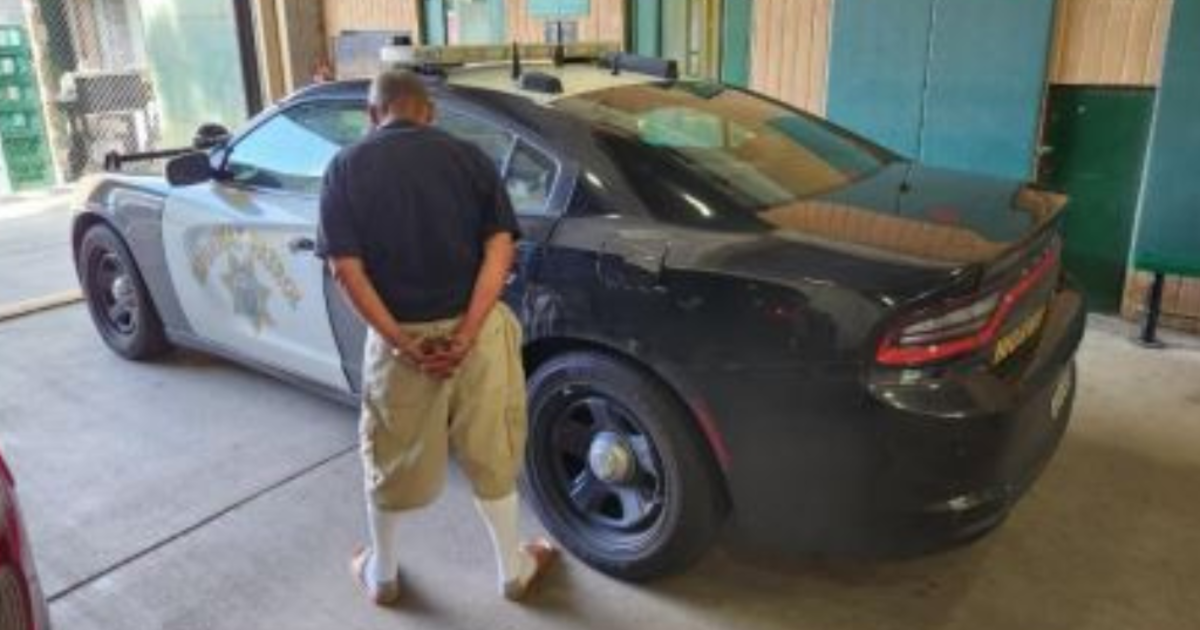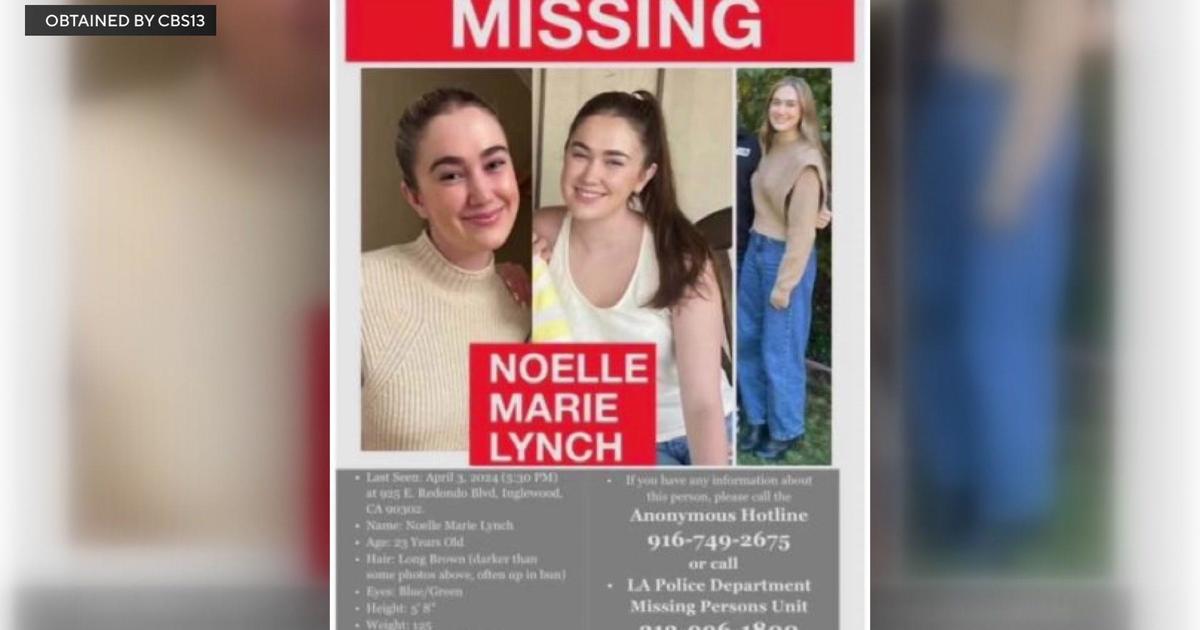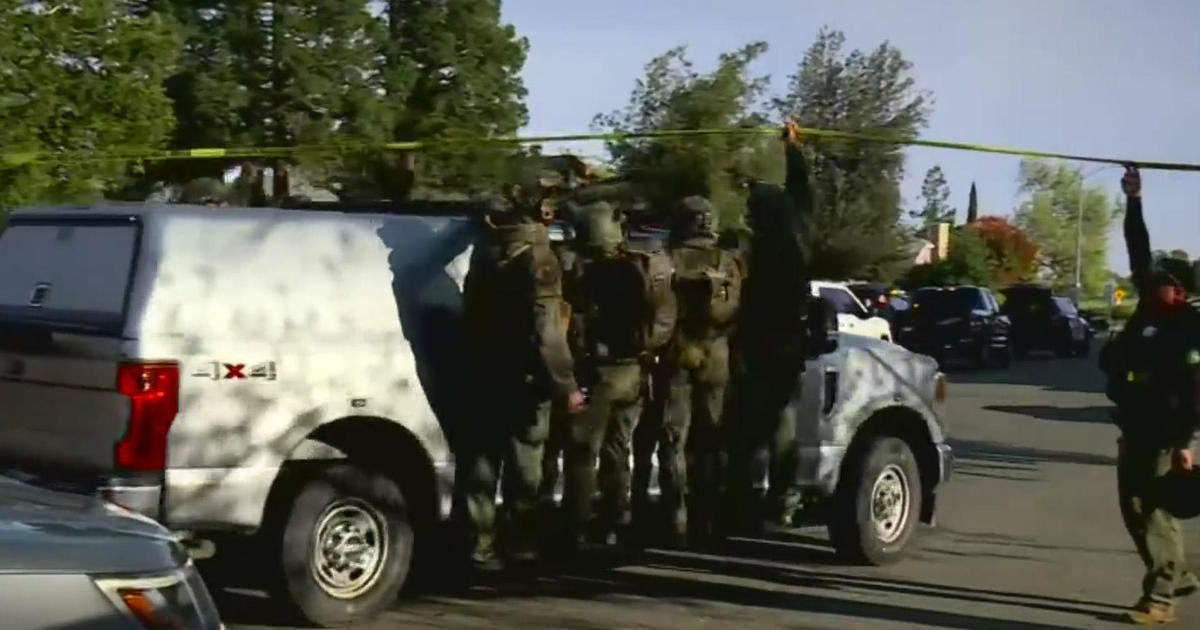Schwarzenegger's Legacy May Be Tainted By Last-Second Clemency
SACRAMENTO, Calif. (AP) -- Arnold Schwarzenegger's last-minute decision to grant clemency in a manslaughter case to the son of a key ally has set off a political furor in California and threatened to tarnish the former governor's legacy as a reformer and big-thinking environmental steward.
Schwarzenegger cut the 16-year manslaughter sentence in half for 21-year-old Esteban Nunez just hours before leaving office last month, despite the fact that he had pleaded guilty months earlier in the stabbing death of a student in 2008. The decision has angered law enforcement and the family of the victim and has led to lawsuits and three proposed pieces of legislation that would take away a governor's last-minute clemency authority.
Fellow Republicans are among the most enraged by Schwarzenegger's commutation of the son of former Assembly Speaker Fabian Nunez, the Democrat who helped broker Schwarzenegger's biggest environmental accomplishments and became a trusted political ally.
"The governor's power to commute sentences is important, but it is disturbing that the power can be abused in a way that undermines victims' rights and the public's trust," Assemblyman Allan Mansoor, R-Costa Mesa, wrote in a letter to Schwarzenegger.
The Contra Costa Times was one of many newspapers that slammed Schwarzenegger's decision, calling it a "shameful end to Schwarzenegger's failed leadership."
"In the end, it turns out that Arnold Schwarzenegger was not only a failure as a governor, he was just another sleazy politician willing to override the criminal courts to benefit his friends," the newspaper wrote in an editorial.
The criticism, upcoming court hearings and legislative debates threaten to further tarnish Schwarzenegger's reputation, beyond the political moves he made as governor. It also comes as Schwarzenegger aides are floating his name as a possible appointee to head President Obama's office of energy and climate change policy.
In reducing the sentence, Schwarzenegger noted that Nunez had no prior criminal record before the 2008 fight and that Nunez was not the one who stabbed Luis Santos, the 22-year-old college student who died. Schwarzenegger called Nunez's sentence "excessive" because he received the same sentence as Ryan Jett, who was already on felony probation for possessing a sawed-off shotgun, and who actually stabbed Santos.
Nunez had pleaded guilty to manslaughter and assault charges to avoid a possible life term in the stabbing in San Diego.
Prosecutors said Nunez and his friends were irate after being turned away from a fraternity party and were looking for revenge. After drinking alcohol, they headed out on the street and came upon an unarmed group that included Santos, prosecutors said.
In May, Nunez entered the plea to voluntary manslaughter with the use of a knife and two counts of inflicting great bodily injury with a weapon. His attorney argued for a shorter sentence, but the judge gave him the maximum term for manslaughter in June.
Six months later, the Santos family learned of Schwarzenegger's commutation from a reporter on the Sunday night his office announced it. They said they were stunned.
The decision also rocked San Diego District Attorney Bonnie Dumanis, who prosecuted the case and worked out the plea deal for Nunez and Jett.
"The process is the part that I find troublesome, because it's done in secret, it undermines faith in the justice system at a time when the public is suspicious of government in general, to not do this out in the open, to not allow everybody an opportunity to offer their opinion," said Dumanis, a Republican.
Her office has drafted proposed legislation that would require a governor to give a prosecutor and a victim's family at least 30 days' notice if they intend to act on a request for a commutation or clemency.
Dumanis said it was unusual for the governor to commute a sentence so soon after a judge had heard the case and despite a plea deal in exchange for a reduced charge. She said prosecutors weighed Nunez's clean record when they offered him the deal, including his role as part of a group that launched an attack, in which all the friends were responsible.
After the killing, the foursome fled in the middle of the night to Sacramento, where they burned their bloodied clothes with gasoline and threw a knife in the Sacramento River.
A co-defendant told police that Esteban Nunez had assured him he would "take the rap" for whatever happened and that "hopefully his dad would take care of it and could get them off on self-defense," according to court documents.
"They all left, went up to Sacramento, destroyed evidence, never took responsibility," said Dumanis. "This was a person that should've been held accountable."
The commutation strikes many as the ultimate insider favor from a man who was elected in the 2003 recall by pitching himself as a Sacramento outsider who would not play politics as usual.
"It's a scar on his image. It's a combination of contradicting his tough-on-crime image, his relative stinginess with executive clemency and his announced intention to reform Sacramento," said Jack Pitney, a professor of political science at Claremont McKenna College in Southern California.
In addition to Dumanis' proposal, two Republican lawmakers have already introduced two constitutional amendments dealing with a governor's pardon authority.
Assemblyman Mansoor's also would require notification of the victim and DA. A group of 18 Republican lawmakers have already signed on as co-authors. A separate constitutional amendment by Assemblyman Jim Silva, R-Sunset Beach, would bar a governor from issuing any pardons, commutations or clemency rulings in the final 30 days of their administration.
"I think with informed, unrushed decisions the governor's more likely to consider the effects of a pardon on the victim, the family and their community," said Silva. "If a case has enough merit to be considered for a commutation, it shouldn't have to be the very last thing a governor does before he leaves office."
Either constitutional amendment would require voter approval, keeping the controversy alive for months or years.
The Santos family named Schwarzenegger and the corrections department in a lawsuit seeking to have Nunez's 16-year sentence reinstated; they have also filed a wrongful death suit against the perpetrators.
Schwarzenegger has so far refused to answer questions on his commutation decision. He turned away from an Associated Press reporter who asked him about the commutation the following day, at incoming Gov. Jerry Brown's inauguration, and declined comment to a Los Angeles TV station that approached him at another event.
A political spokesman for Schwarzenegger, Adam Mendelsohn, did not respond to a request to interview the former governor.
(Copyright 2011 by The Associated Press. All Rights Reserved.)



